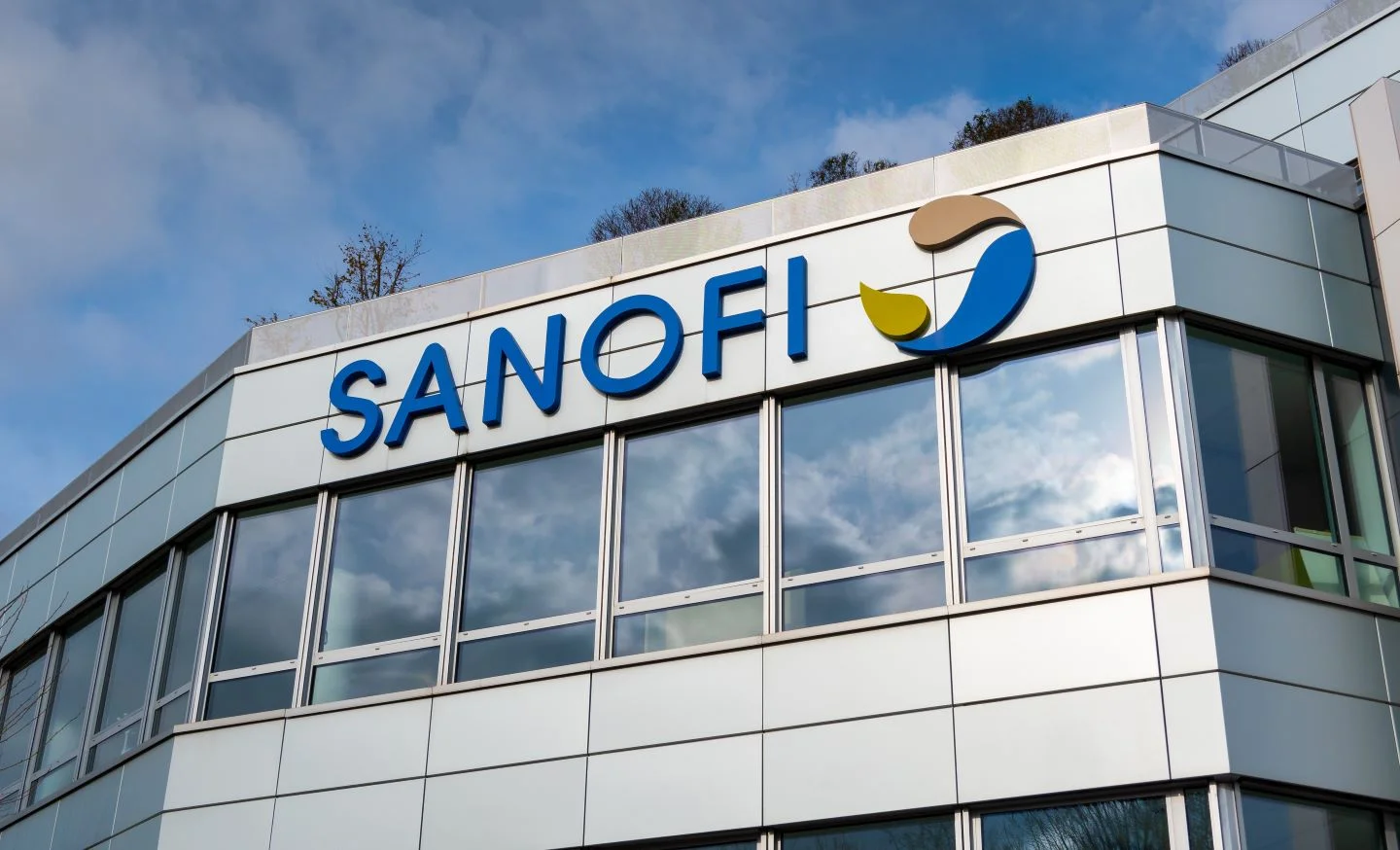Israel’s Teva Pharmaceutical Industries and French drugmaker Sanofi announced that their jointly developed drug for treating ulcerative colitis and Crohn’s disease has successfully met its primary goals in a Phase 2b clinical trial.
The drug, named duvakitug, demonstrated strong efficacy across patient subgroups. In the 14-week trial, 36.2% of patients receiving the low dose and 47.8% receiving the high dose achieved clinical remission, compared to 20.45% of those on a placebo. The study, conducted across the U.S., Europe, and Israel, marks the first randomized, placebo-controlled trial to assess a TL1A antibody treatment for Crohn’s disease.
Promising Results and Market Potential
Eric Hughes, Teva’s head of global R&D, said, “The results from the study have exceeded our expectations.” Similarly, Houman Ashrafian, Sanofi’s head of R&D, highlighted duvakitug’s potential as a transformative treatment: “If the magnitude of effect persists in the Phase 3 program, we believe we will have a differentiated medicine for IBD patients who are in urgent need of new options.”
The drug was generally well-tolerated, with no safety signals identified in patients with both ulcerative colitis and Crohn’s disease. Full results of the study will be presented at a scientific forum in 2025.
Next Steps: Phase 3 Development
Teva and Sanofi plan to move forward with Phase 3 development of duvakitug, pending discussions with regulatory authorities. Both companies noted that inflammatory bowel disease (IBD) currently has no cure, underscoring the urgent need for innovative treatments.
Under the partnership agreement, Teva received a $500 million upfront payment from Sanofi and stands to earn up to $1 billion in development and launch milestones. The companies will equally share development costs and split net profits and losses in major markets.
Commercialization Strategy
Sanofi will take the lead on commercialization in North America, Japan, Asia, and other global regions, while Teva will oversee the European, Israeli, and selected markets.
Market Reaction and Investor Sentiment
Following the announcement, U.S.-listed shares of Teva surged 19%, while Sanofi’s shares climbed 4% in early trading. Analysts, including Jefferies’ Glen Santangelo, said the positive trial results will ease investor concerns that had weighed on Teva’s shares after its third-quarter performance.
Both companies remain optimistic that duvakitug could become a blockbuster drug, generating annual sales exceeding $1 billion, and offering new hope to millions of patients suffering from ulcerative colitis and Crohn’s disease worldwide.










